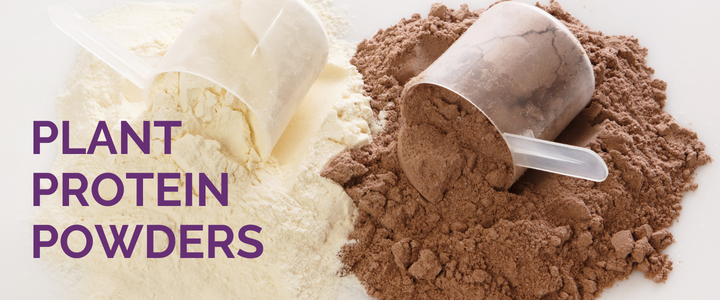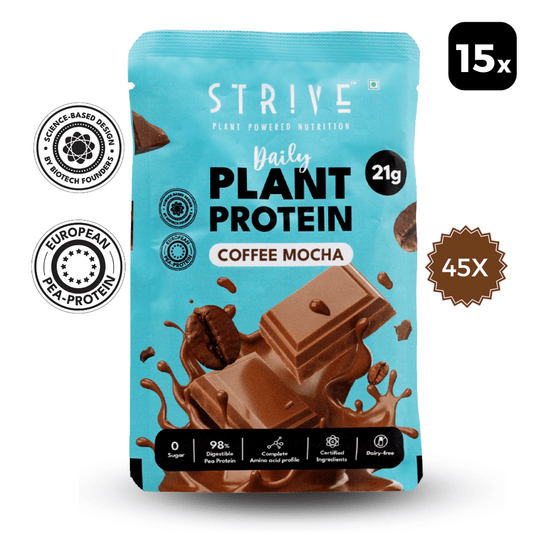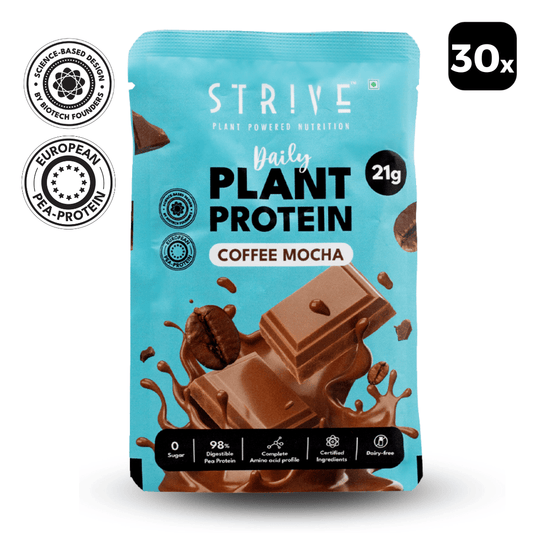Protein powder has become a popular supplement among fitness enthusiasts and individuals seeking to improve their overall health and wellness. It is a convenient and effective way to increase protein intake, especially for those with active lifestyles. In this article, we will explore the various aspects of protein powder, including who needs it, how much is required, types available, potential effects of daily consumption, choosing the right powder, and optimal times for consumption. Who needs to take protein powder: Protein powder is beneficial for various individuals, including athletes, bodybuilders, and those engaging in regular exercise. It can also be useful for individuals who struggle to meet their daily protein requirements through diet alone, such as vegetarians or vegans. Additionally, older adults may benefit from protein powder to support muscle maintenance and prevent age-related muscle loss. How much do you need: The amount of protein powder needed varies depending on several factors, such as age, sex, weight, activity level, and overall goals. Generally, it is recommended to consume 0.8 to 1 gram of protein per kilogram of body weight for sedentary individuals. However, athletes or those engaged in intense physical activity may require higher protein intake, ranging from 1.2 to 2 grams per kilogram of body weight. Can everyone take it? While protein powder is safe for most individuals, it is always advisable to consult with a healthcare professional before starting any new supplement regimen. Some people may have specific dietary restrictions, allergies, or medical conditions that could be affected by protein powder consumption. It is important to ensure that protein powder fits well within an individual's overall nutritional needs and health considerations. Types of protein powders: There are various types of protein powders available, each with its unique characteristics. The most common types include whey protein, casein protein, soy protein, pea protein, and rice protein. Whey protein is derived from milk and is quickly absorbed, making it ideal for post-workout recovery. Casein protein is also derived from milk but is absorbed more slowly, providing a sustained release of amino acids. Soy protein is a plant-based option suitable for vegans, while pea protein and rice protein are additional plant-based alternatives. What happens if you take protein powder every day: Consuming protein powder daily, within recommended amounts, can help support muscle growth, repair, and recovery. However, excessive protein intake, especially from protein powder, can strain the kidneys and may lead to digestive issues. It is essential to maintain a balanced diet and avoid relying solely on protein powder as a primary source of nutrition. Moderation and proper hydration are key when incorporating protein powder into your daily routine. How to choose a protein powder: When selecting a protein powder, consider factors such as dietary preferences, nutritional needs, and personal goals. Pay attention to the protein source, additional ingredients, and potential allergens. Opt for high-quality protein powders that are third-party tested for purity and potency. It's also beneficial to choose a protein powder with a flavor and texture that you enjoy, as it can help with long-term adherence to your supplement routine. When to have protein powder: The timing of protein powder consumption depends on individual preferences and goals. Many people choose to consume protein powder within 30 minutes after a workout to facilitate muscle recovery and synthesis. It can also be consumed as a meal replacement or as a snack between meals to support satiety and muscle maintenance. However, protein powder can be incorporated into your diet at any time that fits your nutritional needs and schedule. In conclusion, protein powder is a versatile and convenient supplement that can be beneficial for individuals seeking to increase protein intake, support muscle growth, and enhance athletic performance. It is important to determine your specific protein requirements, choose a high-quality powder that aligns with your dietary preferences, and incorporate it into your routine in a balanced and moderate manner. Remember, protein powder should complement a well-rounded diet and active lifestyle rather than replace whole food sources of protein. Mini collection Fruity protein powders: Fruity protein powders offer a refreshing twist to traditional flavors. They often incorporate fruit extracts or flavors like strawberry, banana, or mixed berries. These powders are ideal for those who enjoy fruity flavors and want to add a hint of freshness to their protein shakes or smoothies. Chocolate protein powders: Chocolate protein powders are a classic favorite among fitness enthusiasts and chocolate lovers alike. They provide a rich and indulgent flavor that makes protein shakes feel like a treat. Chocolate protein powders come in various forms, such as milk chocolate, dark chocolate, or chocolate peanut butter, satisfying different taste preferences. Stevia-sweetened protein powder: Stevia is a natural sweetener derived from the Stevia plant. Stevia-sweetened protein powders offer a healthier alternative to traditional sweeteners. They provide a sweet taste without the added calories or potential negative effects of artificial sweeteners. These powders are suitable for individuals looking for a low-calorie or sugar-free protein option.




